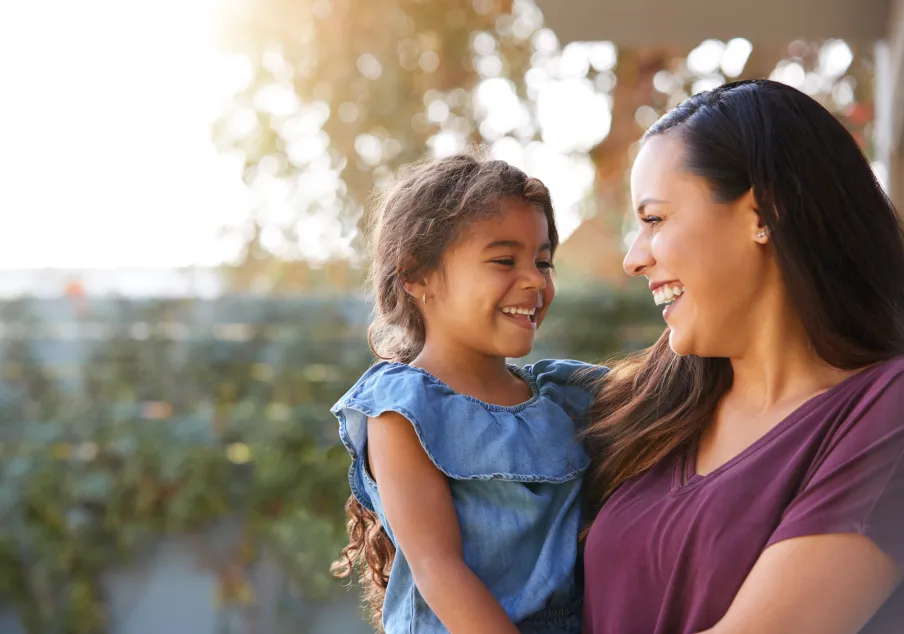Uplifting children, families & elders for better tomorrows
Our team of practitioners, academics, and researchers build strategies to support children, families, and elders by focusing on problem-solving and cooperation, court and community-based solutions, and case coordination.
Meeting the needs of children & families
Problem-solving & cooperation
Family triage improves caseflow and efficiently resolves cases.
Court & community collaboration
Partnerships expand the ability to divert families to resources and provide supports before or after formal court involvement.
Family-centered culture & coordination
Processes that are trauma-responsive, informed by data collection, and rooted in coordination support well-being and stability, reduce delays, and interrupt generational justice involvement.

Tools and strategies to strengthen child welfare decisions
The National Judicial Leadership Summits on Child Welfare offer a deep dive into trending topics impacting children and families. Watch our 2023 sessions to gain insights and resources.
Meet our managing director

Improving court access for domestic violence survivors
By working with pilot courts, our civil protection order portal project leverages technology to promote survivor safety and enhance access to justice and the user experience.
Supporting elders & the courts
Since 2008, we've been working with the Conference of Chief Justices and Conference of State Court Administrators to address elder issues. Our comprehensive resources offer guidance from practitioners, academics, court leaders, and others to help courts improve their response to elder abuse and neglect.
We can troubleshoot your most complex issues
Our experts bring years of experience, insights from national standards and practices, and an outside perspective to solve your most challenging dilemmas.
Explore more
Civil protection order portals offer greater access for domestic violence survivors
Our research, consultation, and collaboration with courts in multiple states and jurisdictions has informed promising practices, common implementation challenges, and technical requirements for civil protection order (CPO) portals.
Advancing victim safety & court technology through civil protection order portals
Supporting survivor safety through increased access to court relief
Adopting a guardianship review protocol
Guardianship monitoring protocols help court reviewers identify potential issues and ensure the rights and well-being of vulnerable individuals are effectively addressed.




